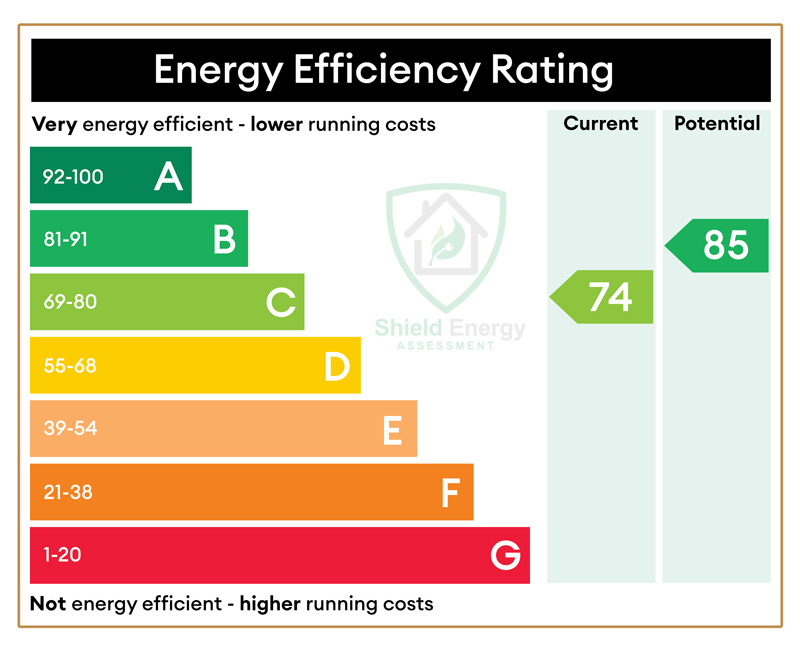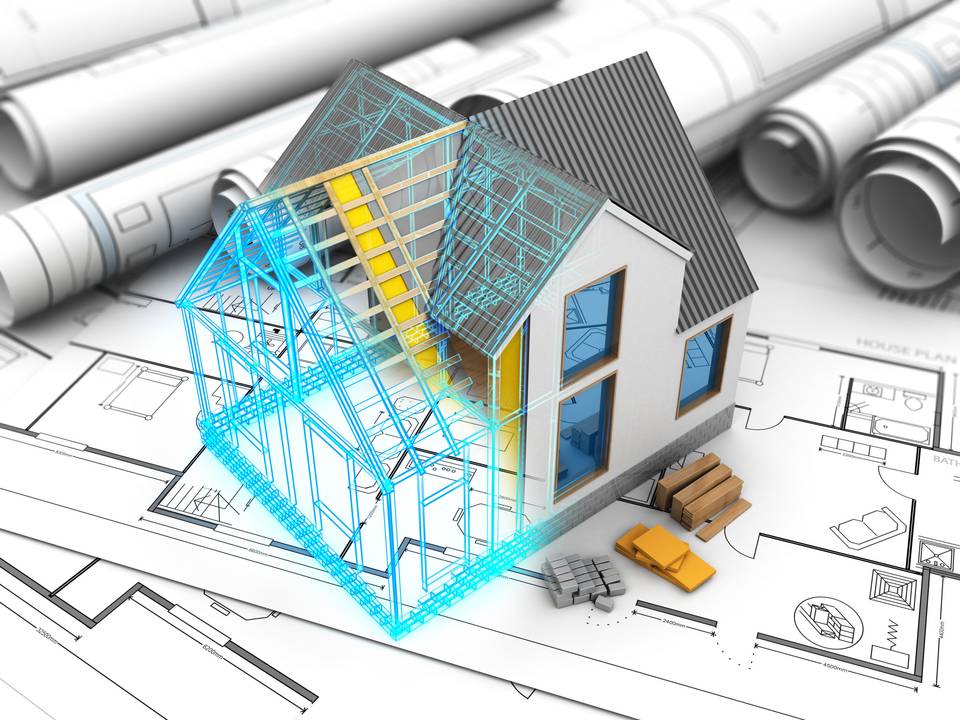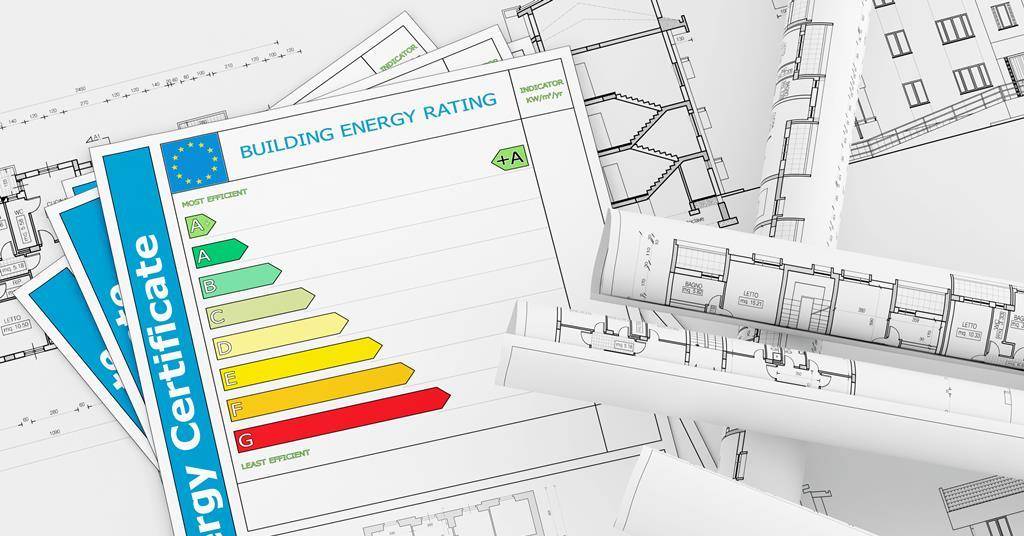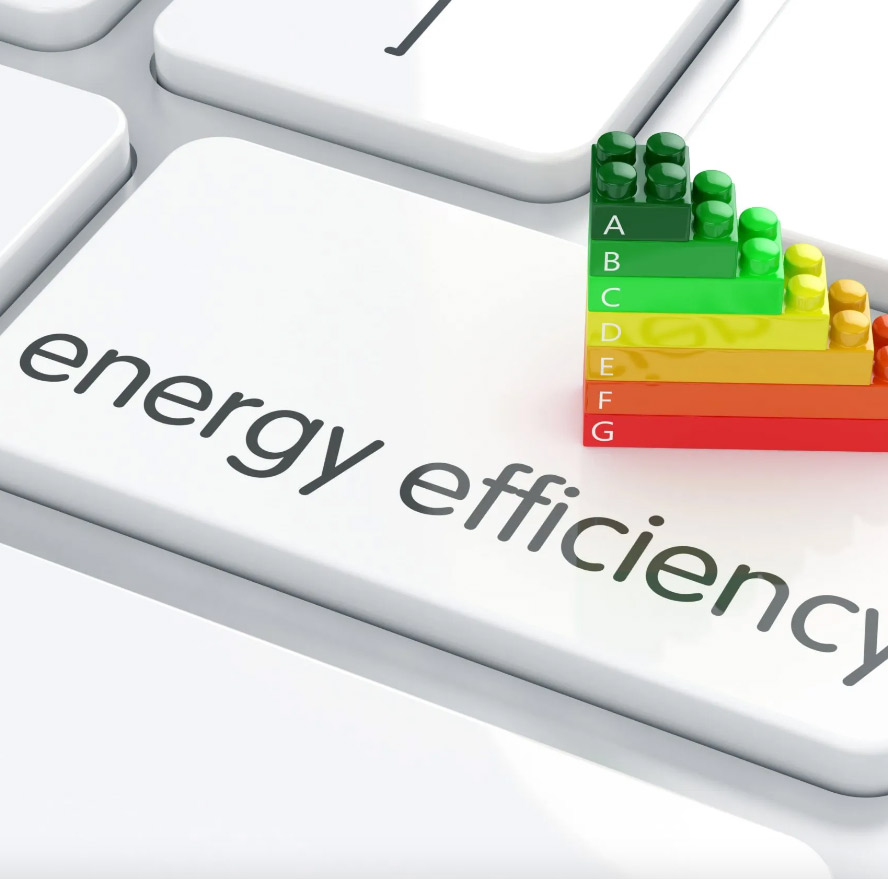SERVICES
Non-Domestic (Commercial) EPC’s
Non-Domestic EPC’S are also known as commercial EPC’s. This certificate will give an overview of the energy efficiency of the building, based upon CO2 emissions.
Our assessors are qualified at level 3 and level 4 awards. This allows our assessors to perform EPC’s on smaller shops and premises as well as larger and more complex ones. We are also trained to provide assessments for non-domestic on construction properties.
What is an EPC?
Energy performance certificates are used to overview the energy performance and efficiency of the building.
The report not only gives a rating from A-G (A is the highest) but gives recommendations to improve the efficiency and rating.
Commercial EPCs are rated more highly based upon a lower net annual CO2 emissions rating. For example, 0-25 is awarded an A rating.

Your Visit
What will our assessor do?
Before the assessment – the assessor will collect any relevant information that may affect the property.
For example, they may ask you for evidence of property age, or anything that could support the rating.
The assessor will do some research and may ask for floor plans. It is essential that plant rooms are accessible, as with other areas of the property. Our assessor will confirm the appointment date and time with you.
On Arrival
The assessor will be taking site notes and photographs. This is to prove anything found in the property. Remember, if they cannot see it and there is no evidence, they cannot include it. The assessor will do some of (but not limited to) the following things:
- Dating the property
- Identifying constructions (floors/walls/roofs/glazing)
- Identifying the purposes of different parts of the property. This will allow the assessor to “zone” the property.
- Identify the heating, ventilation and cooling services within the premises.
- Identify the lighting present.
- Measure the various zones within the property.
Post Visit
What happens after the visit?
The assessor will perform a variety of calculations for each zone, such as the floor areas and glazing. All information will be entered into the iSBEM software, which will the support the generating of the EPC.
Your assessor will have stored the photos collected on site and will keep these for 15 years. They will enter the elements identified and measurements into their software. This will generate the EPC and recommendations.
Post EPC
The assessor is available to discuss the findings and recommendations if required. This should support your next steps.

Unlock the true energy efficiency potential for your home or business.
We provide detailed and accurate information on a property’s energy use and typical energy costs and will make recommendations on how to reduce energy usage and increase efficiency. Making your home or business more energy efficient is only a few clicks away.

Latest news and updates
Keeping on top of new government’s legislations and important news from the energy sector couldn’t be easier. We’ll keep you up to speed.
Energy Performance
An Energy Performance Certificate (EPC) is a document that provides information about the energy efficiency of a building. It is used to assess and communicate how energy-efficient a property is and to provide recommendations for improving its energy performance. [...]
Energy Performance
Whether you need an Energy Performance Certificate (EPC) depends on your specific situation and the regulations in your country or region. Here are some common scenarios where an EPC might be required: Selling or Renting Property: In many countries, when [...]
Energy Performance
Landlords in the UK are required to have an Energy Performance Certificate (EPC) for their rental properties. This requirement is part of the energy efficiency regulations for the private rented sector. Here are some key points to know: EPC Requirement: [...]
Energy Performance
Energy efficiency is important for your home for several compelling reasons: Cost Savings: One of the most immediate benefits of energy efficiency is reduced energy bills. When your home is more energy-efficient, it requires less energy to heat, cool, and [...]








